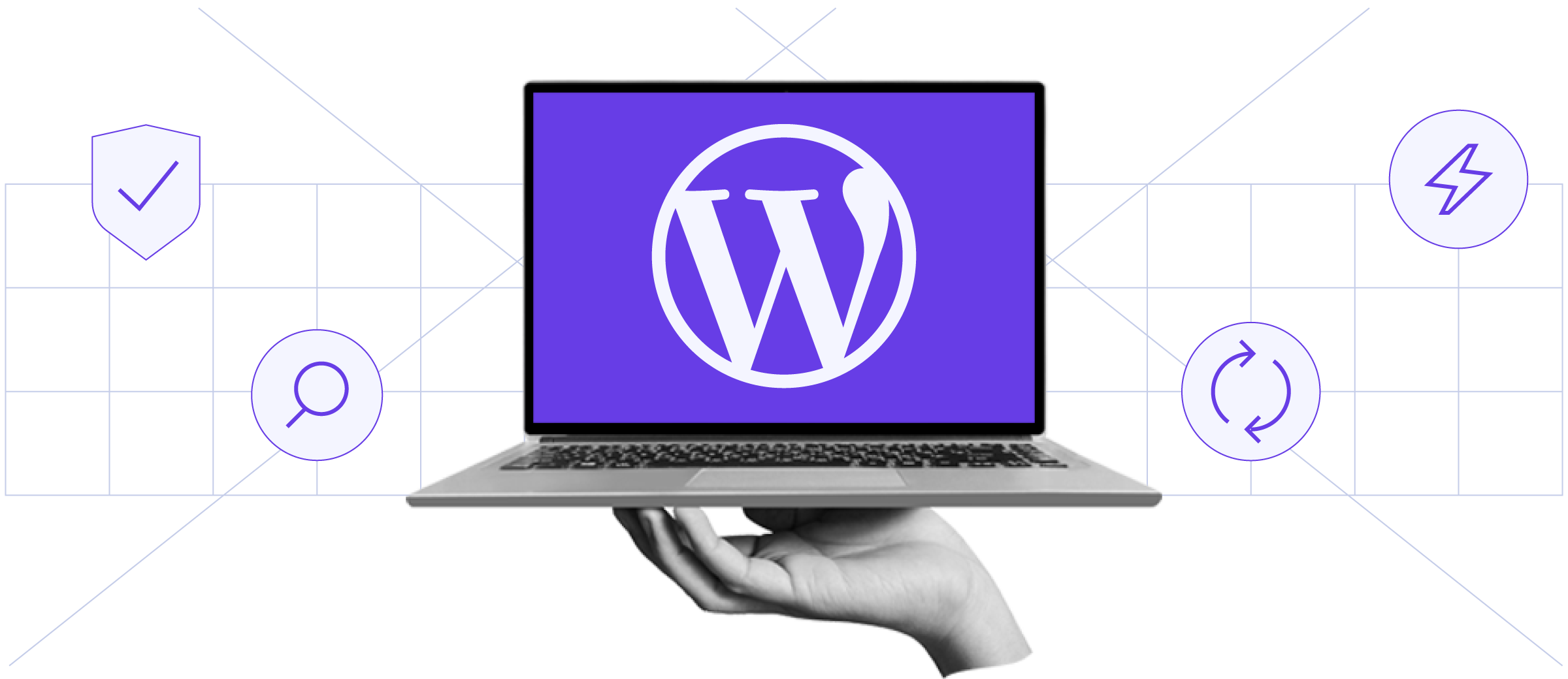1.What is IPv6?
IPv6 is the next generation Internet Protocol, which is meant to replace IPv4 and also work as an upgrade for the entire internet as a whole. It is a huge step up from IPv4 in terms of the space available and is mainly designed to counter the diminishing pool of IPv4 addresses.
2. How different is IPv6 from today’s internet?
An IPv4 address has 32 bits where as IPv6 address has 128 bits so if you compare the address pool – IPv4 is a golf ball and IPv6 would be close to the size of the sun. With IPv6, the Internet will be able to grow to million times its current size, in terms of the number of people, devices and objects connected to it.
IPv6 also contains more headers and is a better organized protocol that makes processing more efficient. It supports Quality of Service (QOS), which allows for special handling of certain type of packets and IPSEC which makes it more secure.
3. What difference will the common man experience with the implementation of IPv6?
The common man will probably not notice any major differences in terms of the usage of the internet. The biggest probable upgrade will be in communication services like VOIP and Video Conferencing but again this is just speculation. The new protocol will mostly impact service providers and companies on an immediate basis.
4. What are the advantages of IPv6?
IPv6 has many advantages but most importantly the availability of a much larger address space. Although this might seem like a moot point, having a larger address space is essential because it allows the internet to grow enough to make space for the growing number of devices going online and the ever-expanding telecommunications industry.
Additionally, IPv6 provides a better header format and is designed such that it can be easily extended to meet the requirements of emerging technologies or new applications. Also, QOS and IPSEC are great upgrades that will help better quality of services and security.
5. Is it backward compatible?
The fact that IPv6 is not backward compatible has majorly hampered its adoption. Although there are mechanisms put in place to make IPv4 and IPv6 co-exist, they are only mechanisms to make the transition smooth. The eventual aim is to move to a IPv6 only internet.
6. Can SMBs afford IPv6 implementation? Is it necessary?
Since most new routers and related hardware are made keeping IPv6 in mind, it should not be too much of a cost to upgrade to IPv6.
Although it is not necessary for SMBs to implement IPv6 on an immediate basis, like I mentioned before, if the implementation is undertaken over a short period, the cost can be that much higher.
Understanding the TikTok Ban in Nepal: Context, Implications, and the Global Digital Landscape #TikTokBanNepal
In a significant move reflecting the complex interplay of technology, security, and social values, the government of Nepal decided on...







